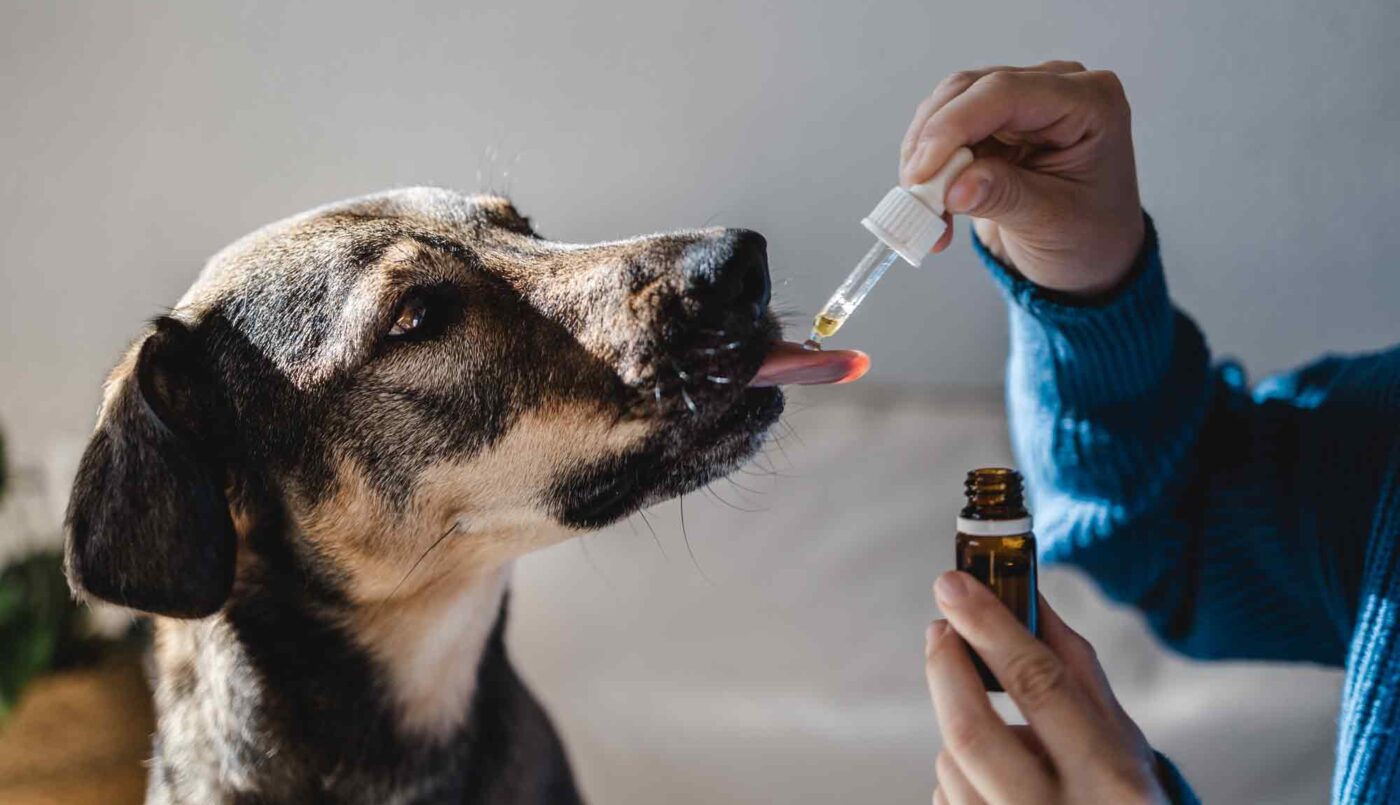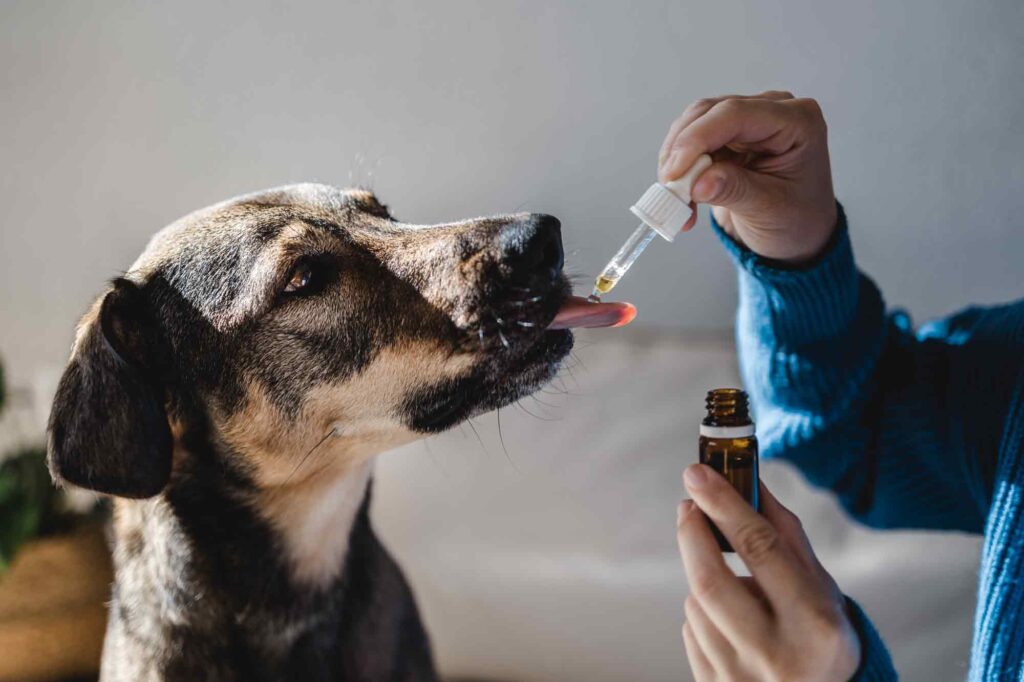How To Retrain A Dog With Separation Anxiety Using CBD Dog Treats


What is Dog Separation Anxiety?
Separation anxiety is a common problem for dogs. Many owners will notice that their dog gets anxious and nervous when they leave them or if they’re going to be away for a long period of time. Our canine friends are social animals and as such, they don’t like being left alone or if we have plans to go out without them. If you’re concerned about your dog having separation anxiety, then you’re not alone. It’s very common, affecting around 18% of dogs in the United States alone.
Symptoms of Dog Separation Anxiety
Symptoms of separation anxiety can include excessive barking, panting, shaking, hiding and isolation from the rest of the family (and often the house). You may also see signs of aggression toward people or other dogs outside of your home. This may cause you to worry about what it could lead to in the future. You might assume that your dog has been abused as a puppy or has had bad experiences with previous owners, but this could be anything from something simple to something more serious than that.
Causes of Dog Separation Anxiety
New situations. Suddenly being left alone in a strange place can be very alarming for a dog. They may be nervous because they don’t know what to expect or they haven’t been taught how to interact with the environment they are in. Fear of being alone. Simply being left alone might cause them to feel fearful and anxious. They may not be able to understand why they are left alone, but they do not want to be left in this situation. Fear of people. Some dogs might be overly anxious around strangers because they feel unsafe or threatened. In these cases, the dog might not like being left alone even though they don’t understand why they’re being left.
Tips for Re-Training a Separation Anxiety Dog
Be patient. It can take time to re-train a dog, especially if they’re already old enough to show signs of separation anxiety. There is no exact amount of time that will be effective for every dog. Instead, you will need to be patient with your dog and follow their lead. They may take longer than you’d expect to respond, but keep trying. Be consistent with your training. Don’t reward your dog for bad behavior. Reward them for good behavior and ignore any bad behavior. They will learn that being anxious in a new situation isn’t something that you will tolerate. Keep providing positive attention. Dogs are notoriously creatures of habit. So it’s important to keep giving them positive reinforcement if you want your training to work. This could be by praising them, offering them treats or playing with them so that they associate positive things with being left alone.
Treats for Re-Training a Separation Anxiety Dog
If you have determined that your dog has separation anxiety then you may want to consider CBD treats as part of their retraining. Providing them with a dose about an hour before you leave the house can help relax them. It is also a good idea to give them a treat right as you leave and when you return(this treat can be a regular treat). This could help them associate the idea of being left alone with a positive outcome. Alternatively, you could use CBD oil or dog treats to help your dog relax when left alone. CBD oil is a natural compound that has a calming effect on your dog. It’s legal to buy online without a prescription and you can use it in a variety of ways to help reduce your dog’s anxiety.
Comforting a Shy Dog with CBD Oil or DogTreats
There are many benefits to using CBD oil. Including the fact that it has no side effects and is completely natural. It’s a great option for those who want to reduce the risk of their dog developing separation anxiety. You can find CBD oil products that come in the form of dog treats, or tinctures.
Conclusion
Dog separation anxiety can be frustrating and challenging to overcome. There are, however, a number of things you can do to help your dog cope with anxiety and feel less alone when you’re not around. Chronic stress, poor training and other problems may be to blame for your dog’s anxiety. If this sounds like your dog, you may want to consider consulting with a veterinary behaviorist who can help figure out the best course of action.

